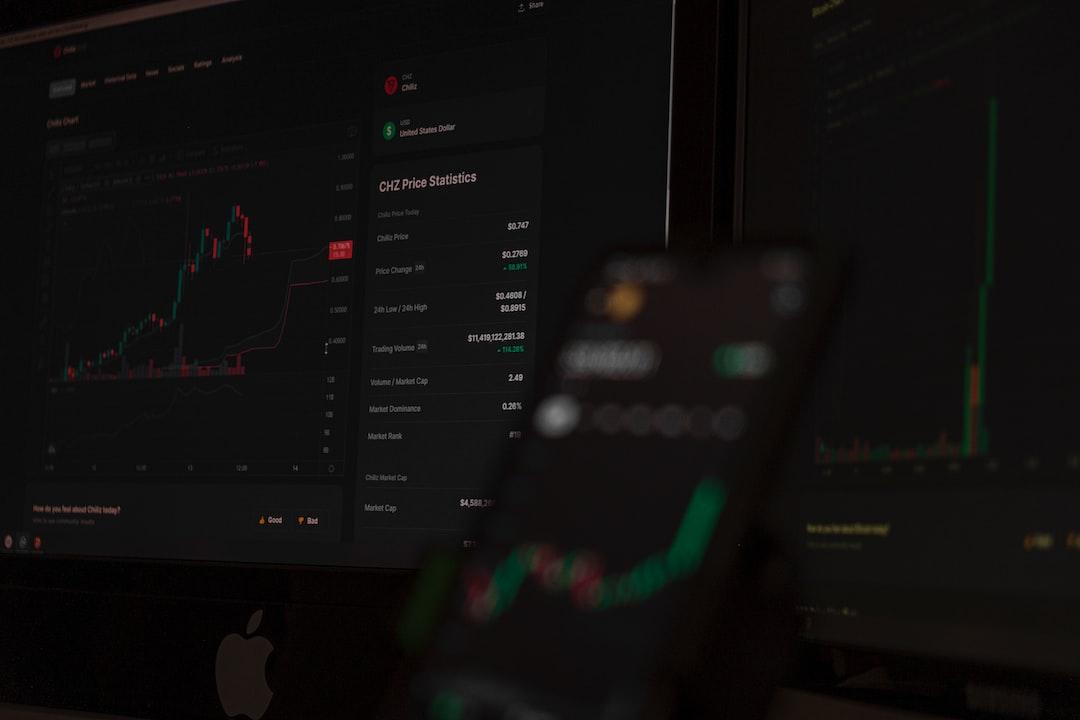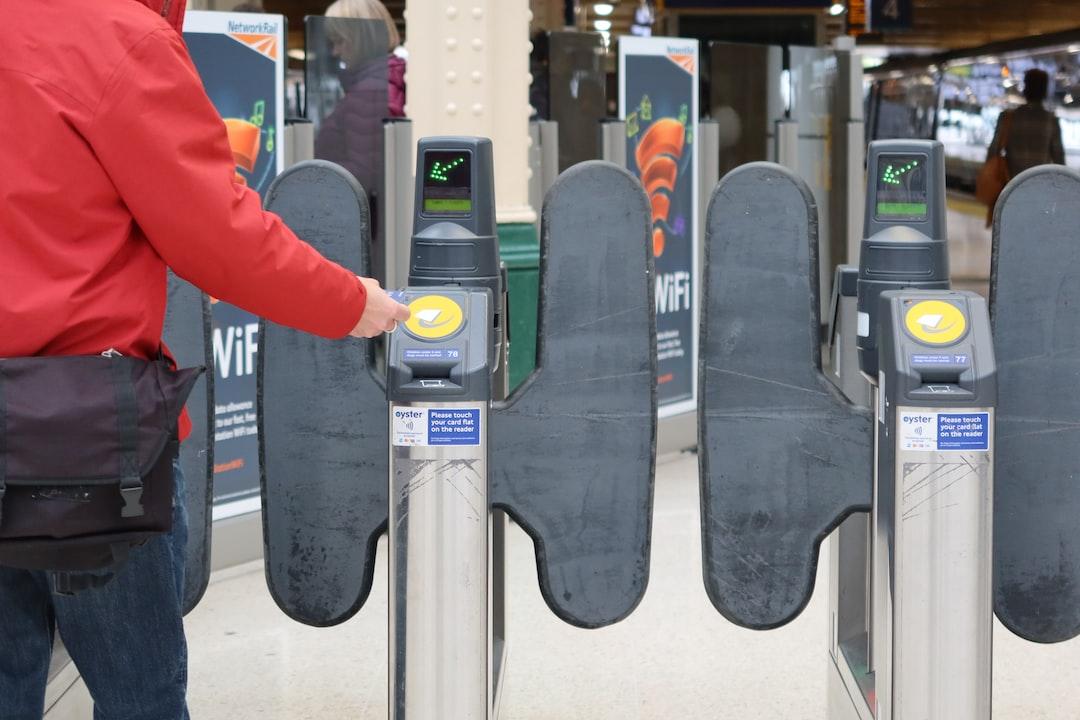In the midst of Venezuela’s deepening economic crisis, there has been a significant uptick in cryptocurrency remittances sent from overseas family members to support individuals within the country grappling with relentless inflation and supply challenges.
In 2023, cryptocurrencies made up 9% of the total $5.4 billion remittances directed to Venezuela, amounting to $461 million. According to Chainalysis, remittances to Venezuela have seen a consistent rise every year since 2018, except for 2020.
While remittances are traditionally facilitated through platforms like Western Union, the high fees, extended wait times, and currency supply constraints often render these services impractical for individuals in developing nations.

The widening gap between Venezuela’s national currency and digital currencies. Source: Chainalysis
Venezuela, despite holding the largest confirmed oil reserves globally, grapples with enduring inflation, stringent sanctions, supply deficiencies, and governmental corruption.
In a bid to circumvent US sanctions against the oil-abundant nation, the Venezuelan government introduced a state-endorsed cryptocurrency named the “Petro” in 2018. Regrettably, due to perceived corruption and its lack of legal tender status domestically, the cryptocurrency failed to garner broad acceptance.
Even Venezuela’s central bank declined to acknowledge the Petro, leading to its eventual shutdown in 2024 after a struggling six-year existence. However, this setback did not deter the Venezuelan government from resorting once more to digital assets to bypass US sanctions.
Earlier this year, rumours emerged indicating the Venezuelan government’s interest in leveraging cryptocurrencies for international oil trade, prompting stablecoin issuer Tether to announce the freezing of USDT assets held by Venezuela to comply with US sanctions.

The bulk of remittances dispatched to these South American nations consist of stablecoins and assets serving as stores of value. Source: Chainalysis
Curiously, the country additionally grapples with extensive energy shortages. In May 2024, Venezuelan authorities enforced bans on crypto mining, citing excessive strain on the nation’s power grid, which has been in a critical state for the past decade.
The antagonistic stance of the Maduro government towards mining operations came to the fore in May 2024, marking not the first instance where Venezuelan officials have targeted mining activities and pursued anti-crypto measures.
In 2023, mining facilities were shuttered as part of an ongoing investigation into corruption within Venezuela’s oil sector and the chief of its crypto ministry, Joselit Ramirez Camacho.
Magazine:
Unstablecoins: Depegging, bank runs, and other hazards on the horizon

